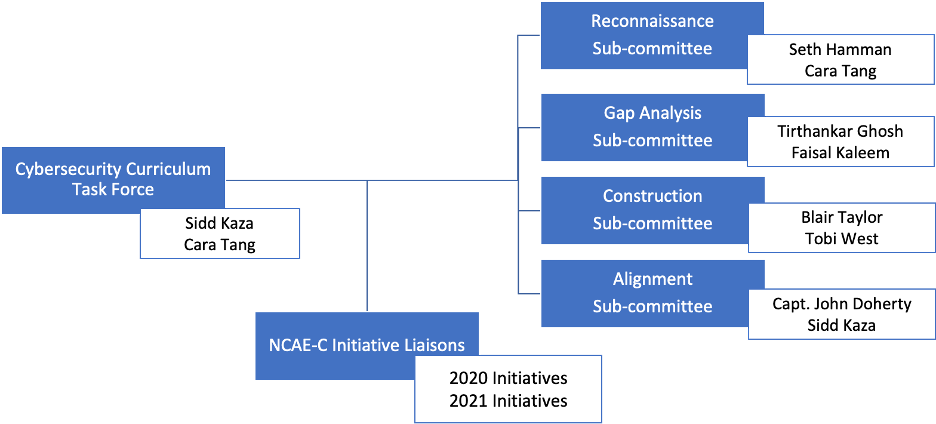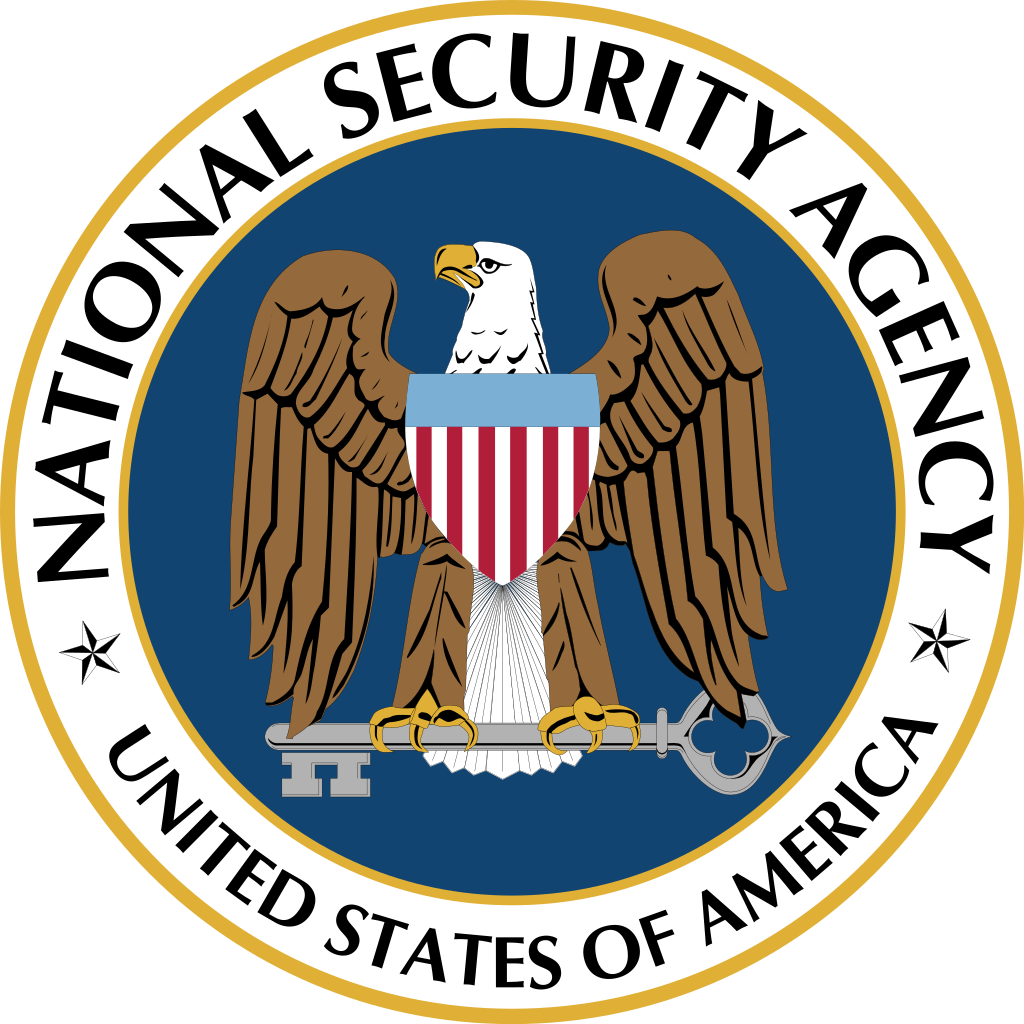Cyber Curriculum Microgrants
The National Centers of Academic Excellence in Cybersecurity (NCAE-C) Curriculum Task Force is inviting proposals for the sharing of existing post-secondary educational resources, as well as updating materials in emerging cybersecurity fields such as Secure Coding, Artificial Intelligence (AI), Malware Analysis, and Reverse Engineering.
Cybersecurity Curriculum Task Force 2.0
This initiative will establish the Coalition for Cybersecurity Education and Innovation (CCEI) to pioneer innovative solutions in cybersecurity education and support all cybersecurity curriculum efforts for the CAE community and beyond. Building upon the foundation and processes created by the NCAE-C Cybersecurity Curriculum Taskforce, the CCEI team will: ● Conduct a comprehensive analysis of existing cyber curricula, identifying critical gaps and high-need areas for cultivating a cyber-ready workforce. ● Develop and implement high-quality, relevant curricula focusing on AI, Secure Coding, and at least two additional cybersecurity areas. ● Serve as the conduit for the existing NCAE-C centers, supporting all curriculum efforts within the CAE community and beyond to meet the growing cyber workforce demand.

This initiative will establish the Coalition for Cybersecurity Education and Innovation (CCEI) to pioneer innovative solutions in cybersecurity education and support all cybersecurity curriculum efforts for the CAE community and beyond.
Led by Towson University (TU) and Portland Community College, the coalition strategically expands its current members, including the United States Naval Academy, Cedarville University, Coastline Community College, Metropolitan State University, and University of New Haven, to include Tennessee Tech and the University of Arizona. Additionally, an instructional designer from TU’s College of Education joins the team to ensure that the curriculum design is grounded in research-based learning science and design principles.
Vision
To develop high-quality, high-relevance cybersecurity curriculum accessible to all post-secondary education levels.
Mission
Create high-quality and relevant curricula on emerging cyber topics, including Ai and Secure Coding, mapped to the NICE and DCWF frameworks and CAE-C Knowledge Units, and make them freely available.
Goals
1. Establish the Coalition for Cybersecurity Education and Innovation (CCEI) as the next iteration of the NCAE-C curriculum taskforce.
2. Develop and share high-impact, high-value curricula in AI, Secure Coding, and other critical areas for the NCAE-C community.
3. Plan and implement Faculty Development opportunities for faculty at designated and candidate NCAE-C institutions to introduce new materials.
Objectives
1. Conduct quantitative and qualitative analysis of existing cyber curricula, identifying gaps with respect to the NICE and DCWF frameworks, NCAE-C KUs, and employer needs.
2. Implement a curriculum development model to produce a high-quality, high impact curriculum in AI, Secure Coding. and at-least two new subject areas.
3. Align the new curriculum to the NICE and DCWF frameworks and NCAE-C KUs.
4. Run faculty workshops at designated and candidate NCAE-C institutions to focus on pedagogy and introduce new materials.
5. Pilot courses in AI, Secure Coding, and at-least two other critical key areas.
6. Disseminate cybersecurity curriculum materials on CLARK.

Coalition Co-chairs
Blair Taylor, Towson University, CAE-CD, CAE-CO
Cara Tang, Portland Community College, CAE-CD
Gap Analysis Subcommittee:
Seth Hamman, Cedarville University, CAE-CO
Cara Tang, Portland Community College, CAE-2CD
Faisal Kaleem, Metropolitan State University CAE-CD
Tirthankar Ghosh, University of New Haven CAE-CO
Construction Sub Committee:
AI Maanak Gupta, Tennessee Tech CAE-CD
Secure Coding :
Cara Tang, PCC CAE-CD
Advisor: Robert Seacord, SC22/WG14 C Standards Committee
Critical Area 1-4:
Paul Wagner, University of Arizona CAE-CO, CAE-R
Dennis Diaz, USNA CAE-CO
John Doherty, USNA CAE-CO
Instructional Design Subcommittee: Mahnaz Moallem , Towson University CAE-CD, CAE-CO
Special Appointments:
NCAE-C Program Office Liaison
TBD (NSA appointed member)
2020 Initiatives Liaisons:
1. Workforce Development – Michael Tu, Purdue University Northwest, CAE-CD
2. Faculty Development – Yair Levy, Nova Southeastern University, CAE-CD
3. Professional Development – Stephen Miller, Eastern New Mexico University, CAE-CD
4. Diversity Initiative (CEDI) – Sidd Kaza, Towson University
5. Competency Working Group – David Tobey, Prince George’s Community College, CAE-2Y
2021 Initiatives Liaisons
1. NCAE-C Knowledge Units – TBD
2. K-12 – TBD (depending on institutions funded)
